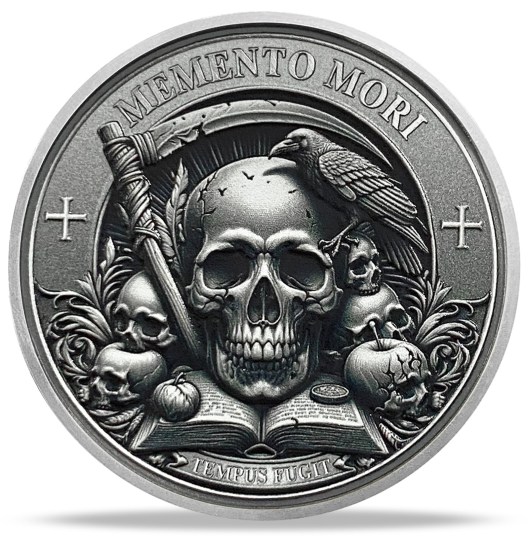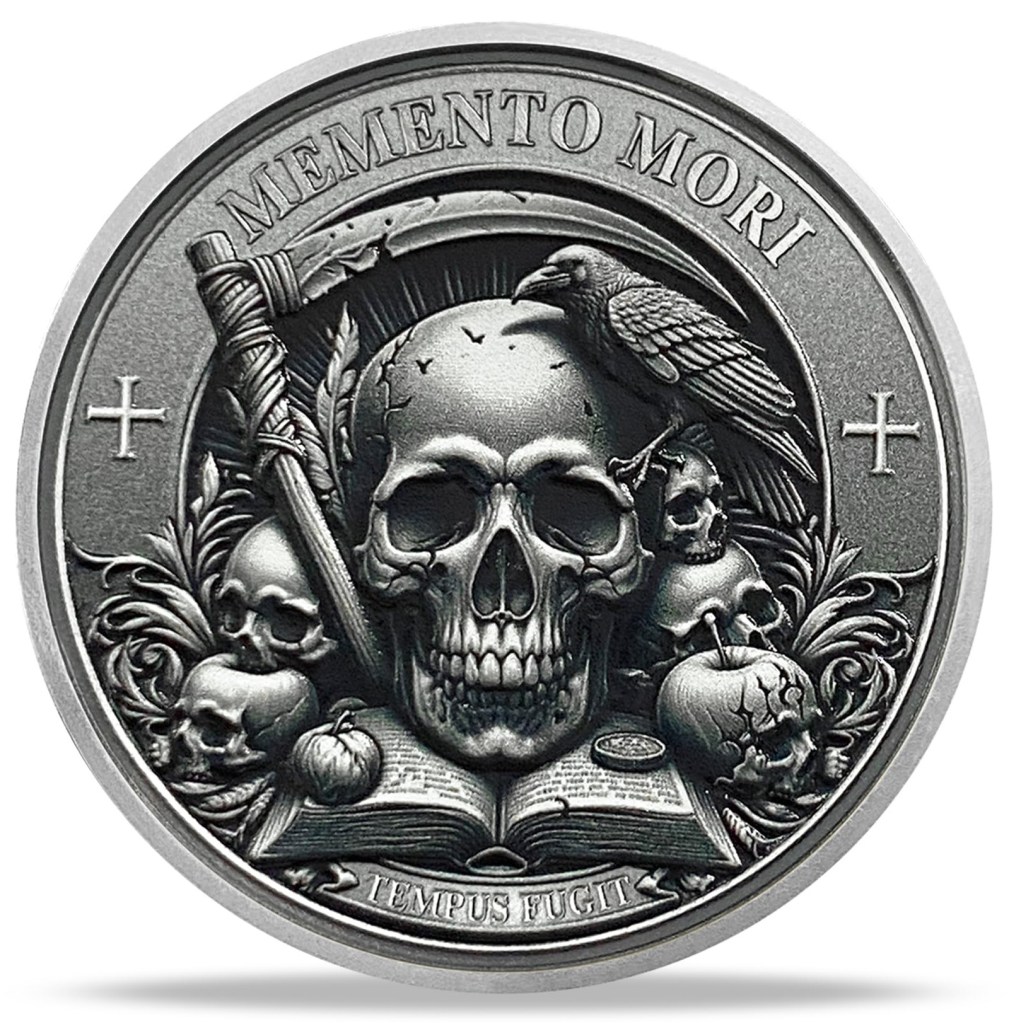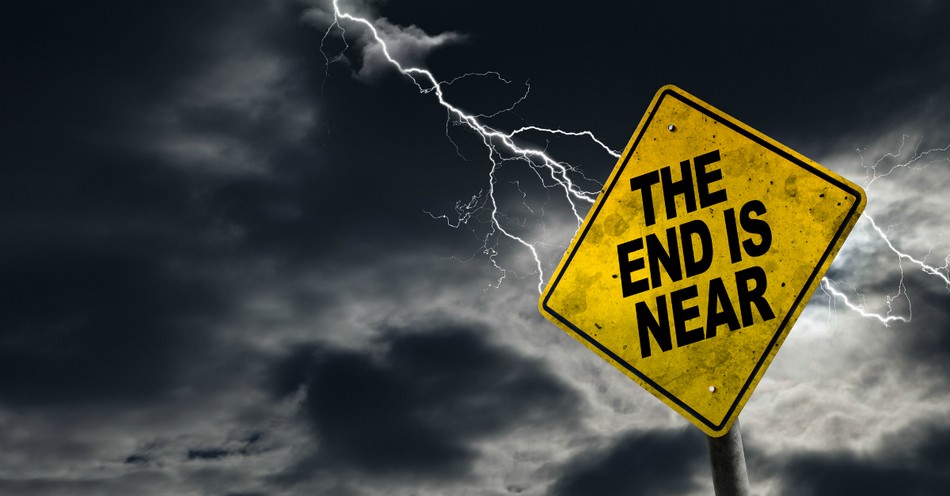Tags
Watchers and non-watchers all seem to have an opinion about the Super Bowl LX halftime show. In the very center of what historically has been an evening to celebrate the apex of America’s sports culture, it was not American at all.
I’m not referring to any moral issues concerning the lead performer. With the current state of the music and entertainment industry, what else would you expect? My generation endured Prince (or The Artist Formerly Known As), and Boy George without the loss of any degree of righteous innocence. Decades before, Elvis shocked our parents with his on-stage pelvic gyrations, yet we survived.
I refer instead to the devolving condition of western Judeo-Christian society, particularly in this our almost 250-year-old republic.
CNN reported in a bold headline: “Bad Bunny’s Super Bowl halftime performance redefined what it means to be an American patriot.” Yeah, didn’t he? TIME Magazine’s website reported “Bad Bunny’s Super Bowl Halftime Show Was an Exuberant Act of Resistance.” Resistance to what exactly? An unfounded mentality of colonialization? Racist immigration policies? Xenophobia?
The event just characterized is not the topic for this post. It’s an example — a case in point — for what I believe is an accelerating effort to de-Americanize America.
“E pluribus unum” is Latin for “Out of many, one.” You must have seen it on our currency. The phrase was adopted by the Continental Congress as part of the Great Seal of the United States in 1782. It was meant to affirm the union of thirteen colonies into one nation, and was considered the de facto motto of the United States until 1956 when it was replaced by “In God We Trust.” Isn’t that an irony?
The Founders envisioned “one nation, under God, indivisible.” They saw “Give me your tired, your poor, your huddled masses yearning to breathe free” as a personal invitation to anyone from anywhere to become and enjoy what this unique political experiment outlined in the Constitution.
Citizenship was an engagement, and a responsibility, not a right, as this anonymous poem titled “A Nation of Many” describes:
Not just a paper, a stamp, or seal,
But a commitment that the heart must feel.
A tapestry woven of diverse threads,
Where freedom lives in hearts and heads.
The key word here is “tapestry.” It’s not a patchwork crazy quilt of unmatched patterns and irregularly shaped fabric scraps. It is rather a work of hand-woven textile art, with multi-colored threads forming a dramatic expression of life. Metaphorically, it signifies interconnectedness, where individual elements, even seemingly insignificant ones, contribute to a larger, meaningful product.
Such is the thinking behind the phrase “The Melting Pot” to describe the effects of the earliest American immigration system. The concept originates from the proposition that ideally, when cultural differences meld together, they become like metals being melted down into single, stronger alloy. As foreigners came from all over the world, they brought pieces of their own culture with them. Over time, their music, food, fashion, religion, and much more, slowly became part of American culture. For example, pizza came from Italy, but it’s hard to think of anything more American than a slice of New York style pizza. Rather than embracing multiculturalism, different cultures were expected to assimilate into what would develop into a distinctive American creation.
Soon after my relatives came from Romania in the early 1900s, they packed away their native outfits into trunks and stored them away in the attic. They learned the language, even though Romanian was spoken in the home. Their children were American, not Romanian-American. They lived in a neighborhood with and worked alongside Jews, Greeks, Italians, and Eastern Europeans of all sorts. They referred to their place of origin as “The Old Country.” Get it? The OLD country. Social analysts refer to such a development as “a harmonious, hybridized society known as cultural amalgamation.” The result is a homogenous culture that functions as one, like “out of many.”
I will admit however, that there were sections of my city that became naturally segregated ethnic pockets, like Little Italy, Little Bohemia, even Dark Town.
Unrestricted immigration without the assimilation I describe will end what we know as the America of baseball, mom and apple pie without firing a single shot.
The Super Bowl Sideshow was a carnival of Puerto Rican bravado. The music and lyrics were Spanish. It was an in-your-face celebration of Latino pride. Today, some kids in elementary school identify English as a “second language.” Some folks don’t want to blend in.
Radical Islam has not come here to benefit from “life, liberty and the pursuit of happiness.” They are here to take over. What don’t we understand about “Death to America”? It’s not just a casual slogan. It is a brazenly proclaimed, ongoing goal to caliphate the world of “infidels,”
Or, maybe we never actually achieved the “Melting Pot” goal. Maybe folks want to remain tribal, like the Pennsylvania Dutch, the Irish of Boston, the Amish colonies, China Town, even the Yankees and Confederates.
Here’s a more sinister angle: Maybe it’s a deliberate strategy of the globalist elites, using the old “Divide and Conquer” method, defined as “the practice of creating divisions between opponents to prevent them from uniting against a common foe, allowing the one who divides to gain or maintain political control.” Hmm.
No matter what direction things take going forward, it is not unrealistic to foresee that the United States, like all previous empires, will end up someday, somehow, in the dust pan of history. There is only one kingdom that endures forever, the Kingdom of Heaven, with a citizenry of all who claim Jesus Christ as Lord and Savior.
“Then the seventh angel sounded: And there were loud voices in heaven, saying, ‘The kingdoms of this world have become the kingdom of our Lord and of His Christ, and He shall reign forever and ever!’” (Rev. 11:15) The question to consider is – whether you have melted into the pot or not, regardless of your ethnicity, race, color, heritage, politics, or status – will you be there?






